
How To Prevent The Most Common Causes of Sewer Line Damage
TL;DR: Sewer lines are crucial but often overlooked. Damage can cause unsanitary conditions and costly repairs. Common causes include aging pipes, ground shifting, blockages, corrosion, tree roots, and poor installation. Prevent damage by avoiding flushing non-flushable items, updating old pipes, and scheduling regular inspections. For professional help in Phoenix, contact Arizona Integrity Plumbing for expert maintenance and solutions to keep your sewer lines in top condition.
Sewer lines, although often overlooked, make our daily lives more convenient. Every toilet flush relies on these underground systems to whisk away waste, allowing us to go about our day without a second thought. But, there are times when these systems can malfunction, leading to serious clogs and overflows.
Damaged sewer lines can lead to problems, like unsanitary conditions and expensive property damage. Alarmingly, in the United States, broken sewer lines cause approximately 23,000 to 75,000 overflows each year. These incidents not only disrupt homes but also pose health risks. If they want to protect their home and health, homeowners must proactively recognize and prevent potential issues with their sewer lines.
Let’s discuss the most common causes of sewer line damage and how to prevent them.
Aging Sewer Pipes
Old sewer pipes are a significant challenge, especially in states like Arizona, where some sewer mains date back to the mid-60s and still haven’t been updated. With age, pipes deteriorate due to corrosion, soil movement, and long-term exposure to the elements. Old sewer pipes made from clay and cast iron are particularly vulnerable. Clay pipes can crack under pressure and tree root intrusion, while cast iron pipes are prone to rust and corrosion.
Some of the signs that your pipes may be aging include:
- Frequent clogs
- Slow drains
- Water discoloration
Replacing old pipes with modern materials like PVC or trenchless technology can offer a more durable solution.
Ground Shifting and Soil Conditions
Ground movement, often caused by soil erosion, settling, or seismic activities, can lead to misaligned or broken sewer pipes. Soil erosion, which results from heavy rains or flooding, washes away the ground supporting your sewer lines, causing them to sag or collapse.
Settling occurs naturally over time as soil compacts, shifting pipes and creating cracks. Earthquakes, even minor ones, can disrupt the alignment of sewer lines, leading to significant damage.
To catch these issues early, you should monitor for signs such as cracks in your foundation or uneven floors. These indicators suggest potential issues with your sewer lines. Consider reinforcing your foundation and allowing proper drainage around your property to prevent damage.
Blockages and Clogs
Blockages and clogs in sewer lines present significant dangers, including backups and potential flooding in your home. Warning signs of blockages include slow drainage, gurgling sounds in pipes, and foul odors emanating from drains. These issues often stem from common sources like:
- Grease from cooking can solidify and adhere to pipes, creating significant obstructions.
- Hair gathers in bathroom drains and gets washed down the pipes, causing major blockages.
- Foreign objects, such as wet wipes and even certain toilet paper, can disrupt the normal flow within the sewer system.
Corrosion
Sewer lines corrode and deteriorate due to chemical reactions and water quality issues. Common culprits that promote rusting include:
- High levels of oxygen
- Low pH levels
- The presence of certain minerals in the water
You should be aware that cast iron and galvanized steel pipes are more prone to corrosion. If you notice signs like leaks, rust-colored water, or reduced water flow, it can indicate your sewer pipes are rusty.
Tree Root Intrusion
Sewer lines are attractive targets for tree roots, which seek nutrients and moisture. These roots can penetrate even small cracks in the pipes, causing significant damage. Trees with large and aggressive root systems pose a higher risk of intrusion.
Symptoms of root intrusion include slow-draining sinks, toilets, and tubs and gurgling noises from your plumbing. Avoid planting trees with aggressive roots near sewer pipes to prevent tree root intrusion. Installing root barriers and using chemical root killers can also help keep roots at bay.
Poor Installation and Construction
Improper installation and construction of sewer lines can lead to significant issues, impacting the functionality of your sewer system. When contractors use substandard materials or fail to adhere to building codes, the sewer lines may suffer from frequent backups, leaks, and misalignment.
These problems often manifest as slow drains, gurgling sounds in the pipes, or unpleasant odors emanating from the drains. To prevent these issues, always hire reputable and experienced professionals who follow industry standards and local regulations. Insist on high-quality materials that offer durability and resilience against environmental factors.
Tips for Preventing Sewer Line Damage
Preventing sewer line damage begins with regular maintenance and being mindful of what goes down the drain. While you can handle some preventative measures yourself, other solutions might need a professional touch to guarantee long-lasting results.
Avoiding Flushing Non-Flushable Items
One of the simplest ways to prevent sewer line damage is by being mindful of what you flush. Most household items should never go down the toilet or drain. Even if a product claims to be “flushable,” it can still cause blockages and damage your sewer line. Instead, throw these items in the garbage.
Here are some items that should never go down the drain:
- Kitchen grease and oil
- Coffee grounds
- Hair
- Dental floss
- Q-tips
- Wet wipes
- Feminine products
- Diapers
- Tissues and paper towels
Teaching household members about proper flushing habits is equally important. Plan a fun and educational activity where everyone can learn what can and cannot be flushed to avoid accidental blockages. Place a waste basket in the bathroom to encourage proper disposal.
Updating Old Pipes
One effective way to prevent sewer line damage is by updating old pipes. Modern materials such as PVC (polyvinyl chloride) and HDPE (high-density polyethylene) offer greater durability and longevity. These materials resist corrosion and are less prone to root intrusion, providing a more reliable solution for your sewer system.
Consider replacing your pipes if you notice frequent clogs, slow drainage, or unusual odors emanating from your drains. These are often signs that your existing pipes are reaching the end of their lifespan. Additionally, if your home is decades old and still has its original plumbing, it might be time for an upgrade, even if you have yet to encounter major issues.
Regular Inspections and Maintenance
Regular check-ups help identify potential issues and give you enough time to repair them before they cause bigger problems. Ideally, you should schedule professional sewer line inspections every one to two years.
Professionals use specialized equipment, such as video cameras, to inspect the interior of your pipes. It allows them to detect cracks, rust patches, blockages, and other issues that might not be visible through a basic visual inspection.
In addition to professional inspections, there are maintenance tasks you can perform yourself to keep your sewer lines in good condition. For instance, using enzyme-based cleaners can help break down organic materials that accumulate in your pipes, reducing the likelihood of clogs. These cleaners are typically safer for your plumbing system compared to harsh chemical drain cleaners, which can corrode your pipes.
Get Expert Plumbing Help in Phoenix, AZ
Sewer line damage can occur for various reasons, from flushing the wrong thing down the toilet to aging pipes that need an update. The important thing is to address these issues as soon as possible and actively try to maintain a healthy plumbing system.
If you want experienced experts to help you keep your sewer lines in order, reach out to Arizona Integrity Plumbing in Phoenix for professional assistance and advice. Our experienced team of plumbers provides thorough inspections, identifies potential issues early, and offers reliable solutions to prevent major damage. With our experience and commitment to customer satisfaction, you can trust us to keep your sewer lines in the best working order.
Keep your plumbing system trouble-free, and contact us today!



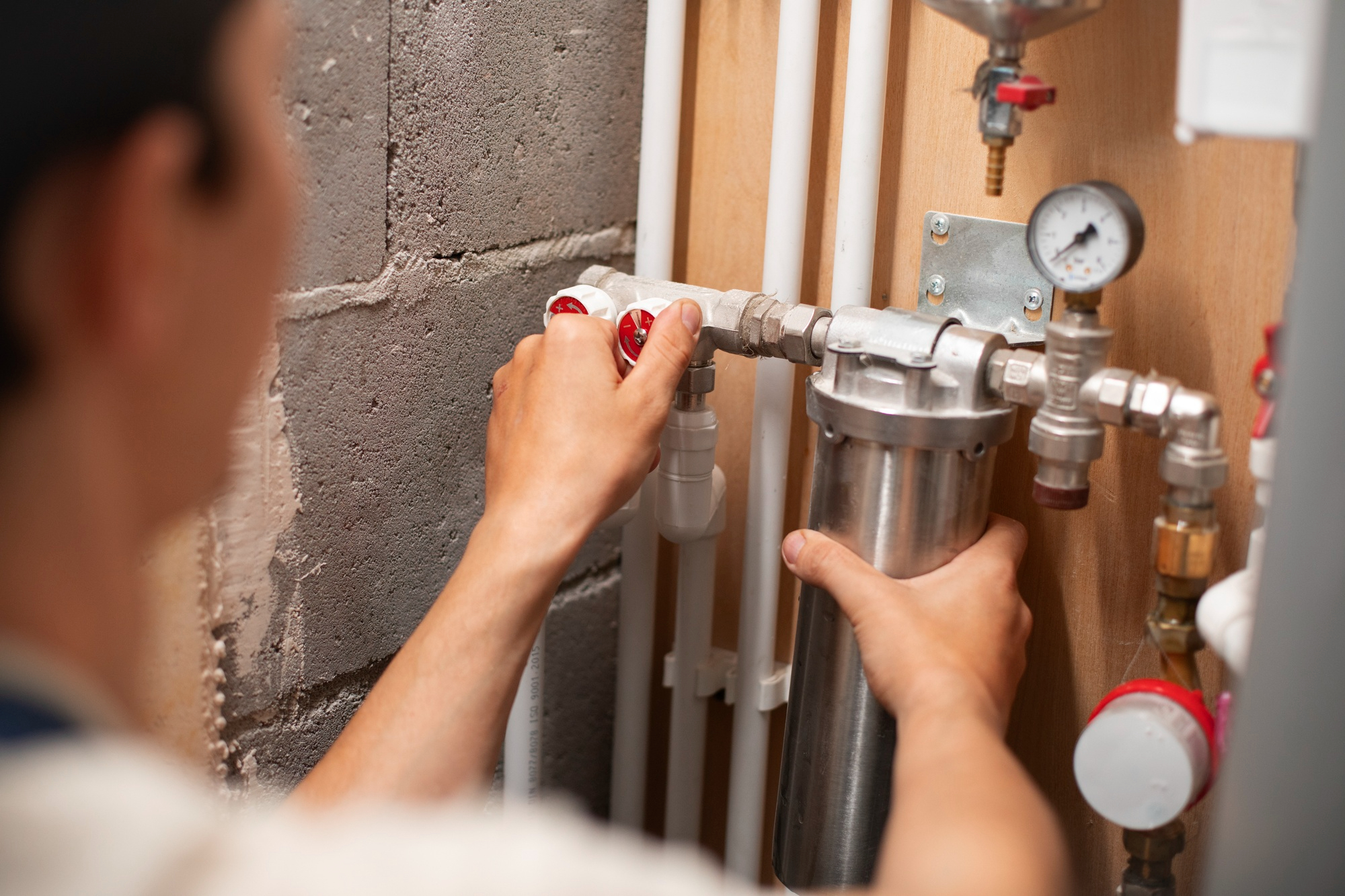

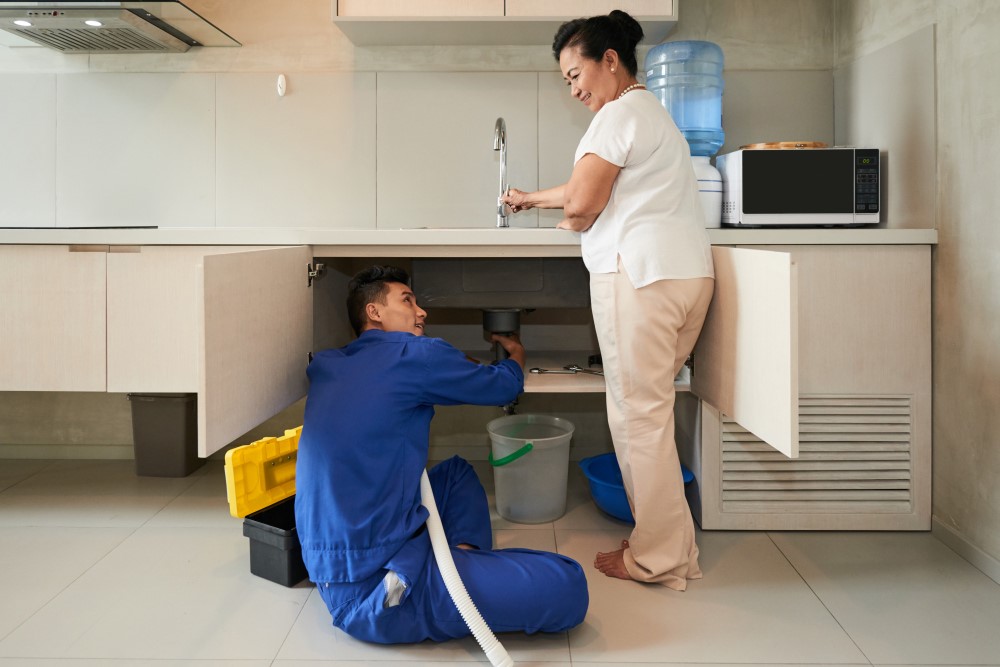
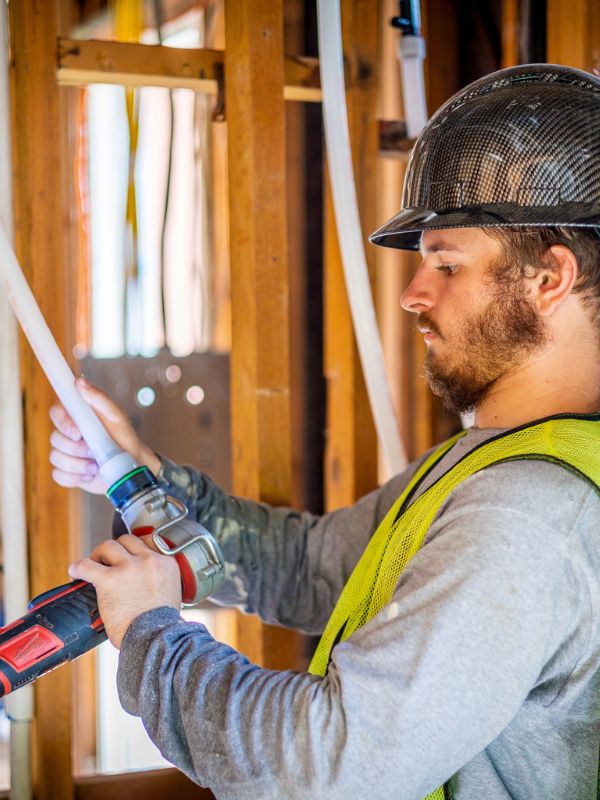
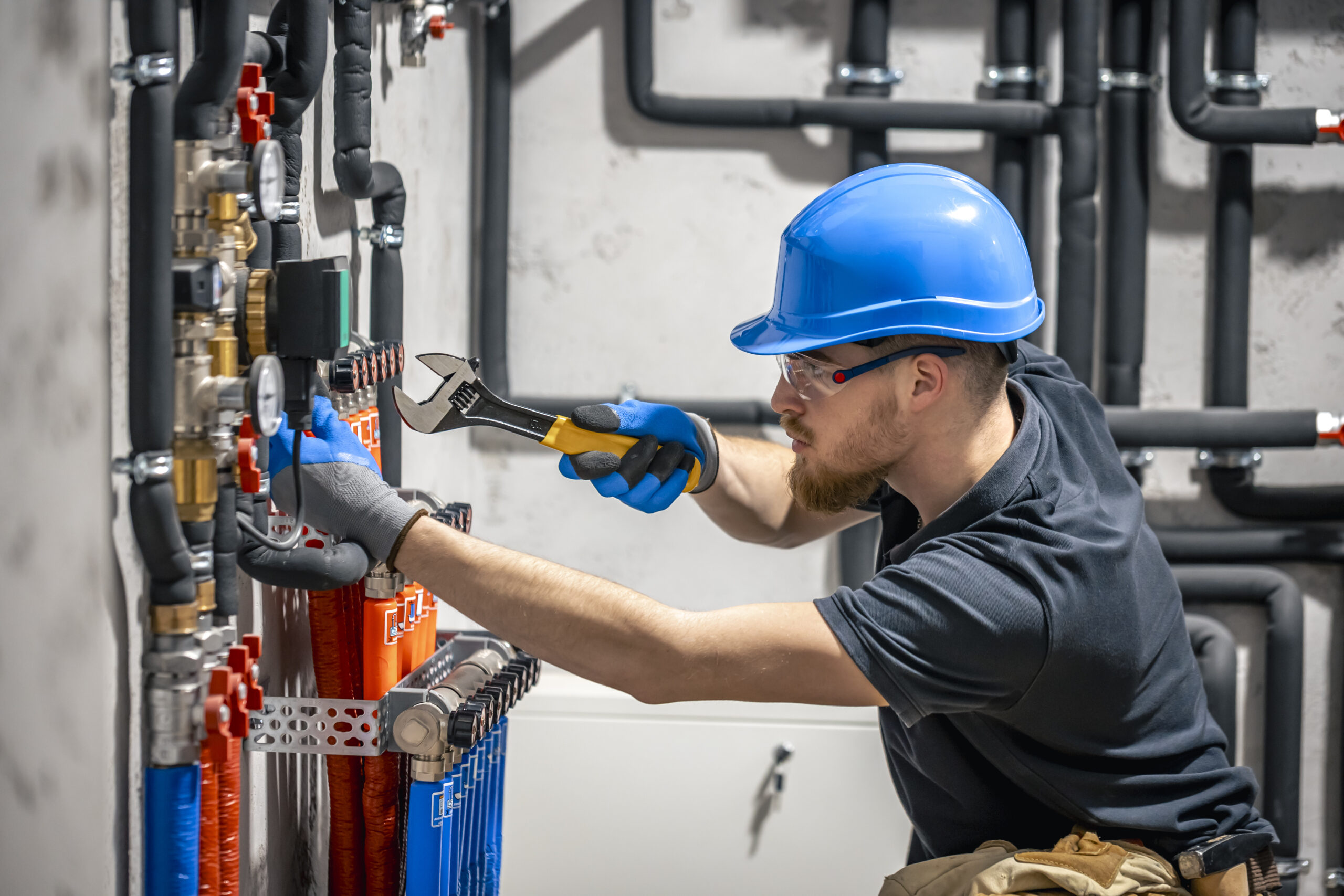

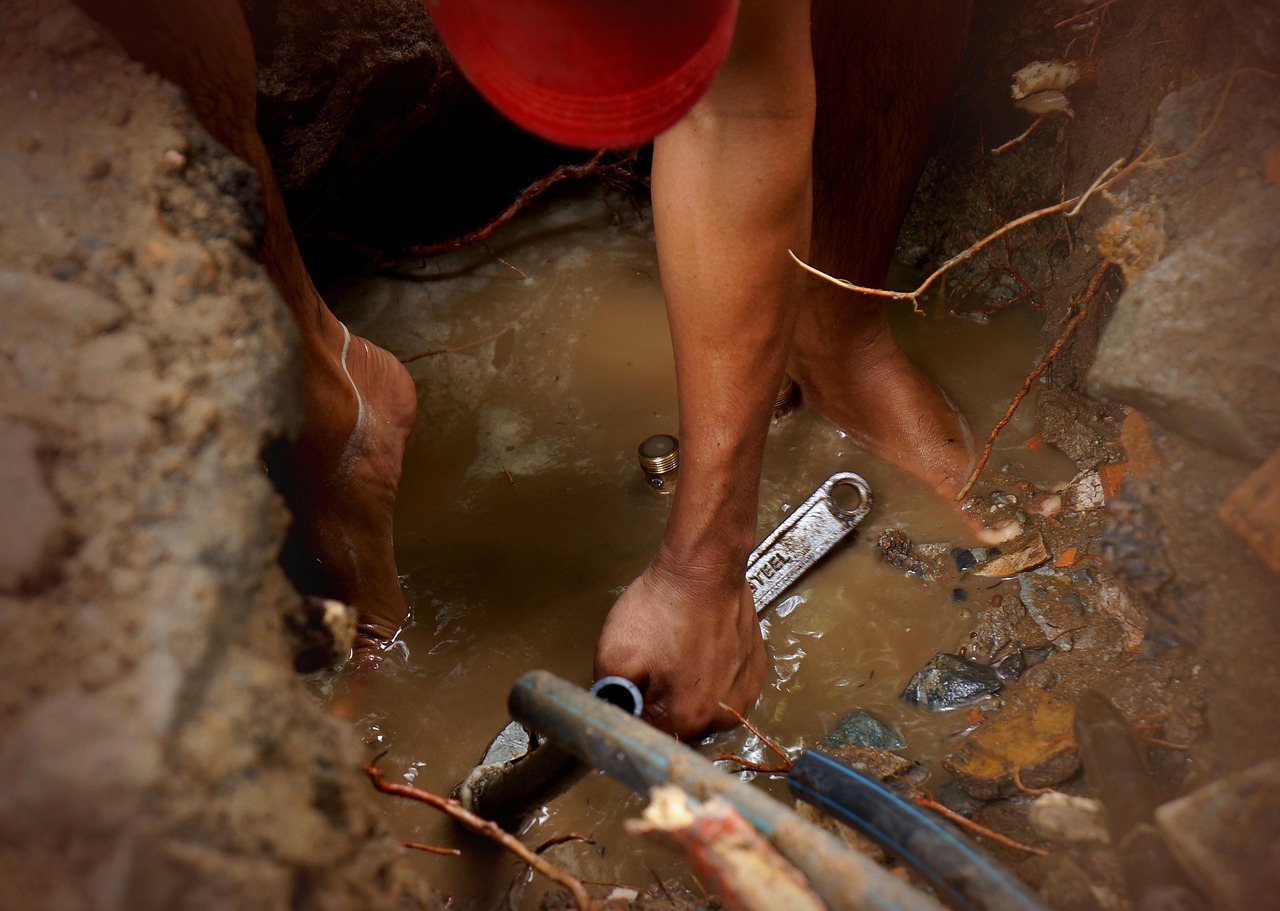
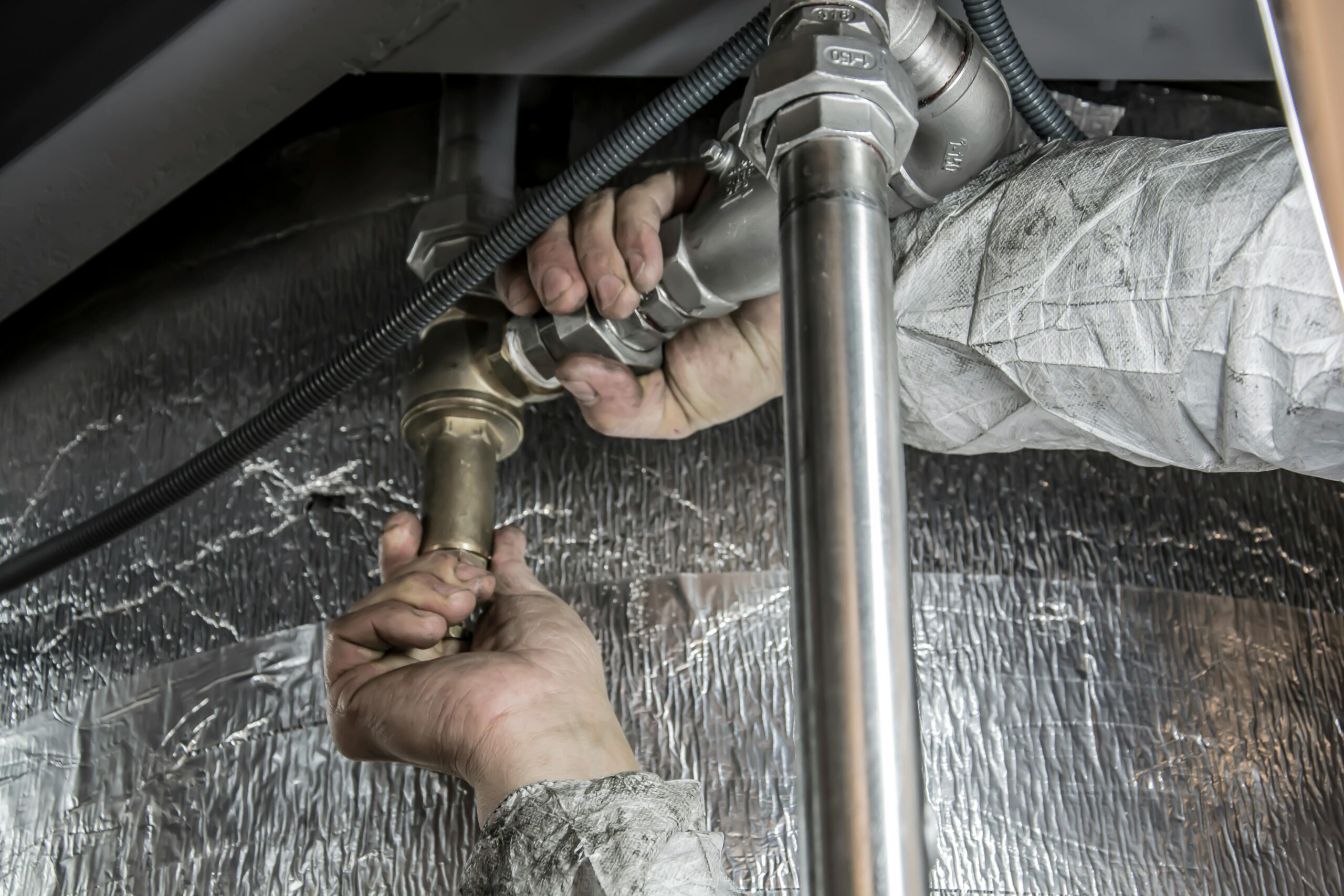
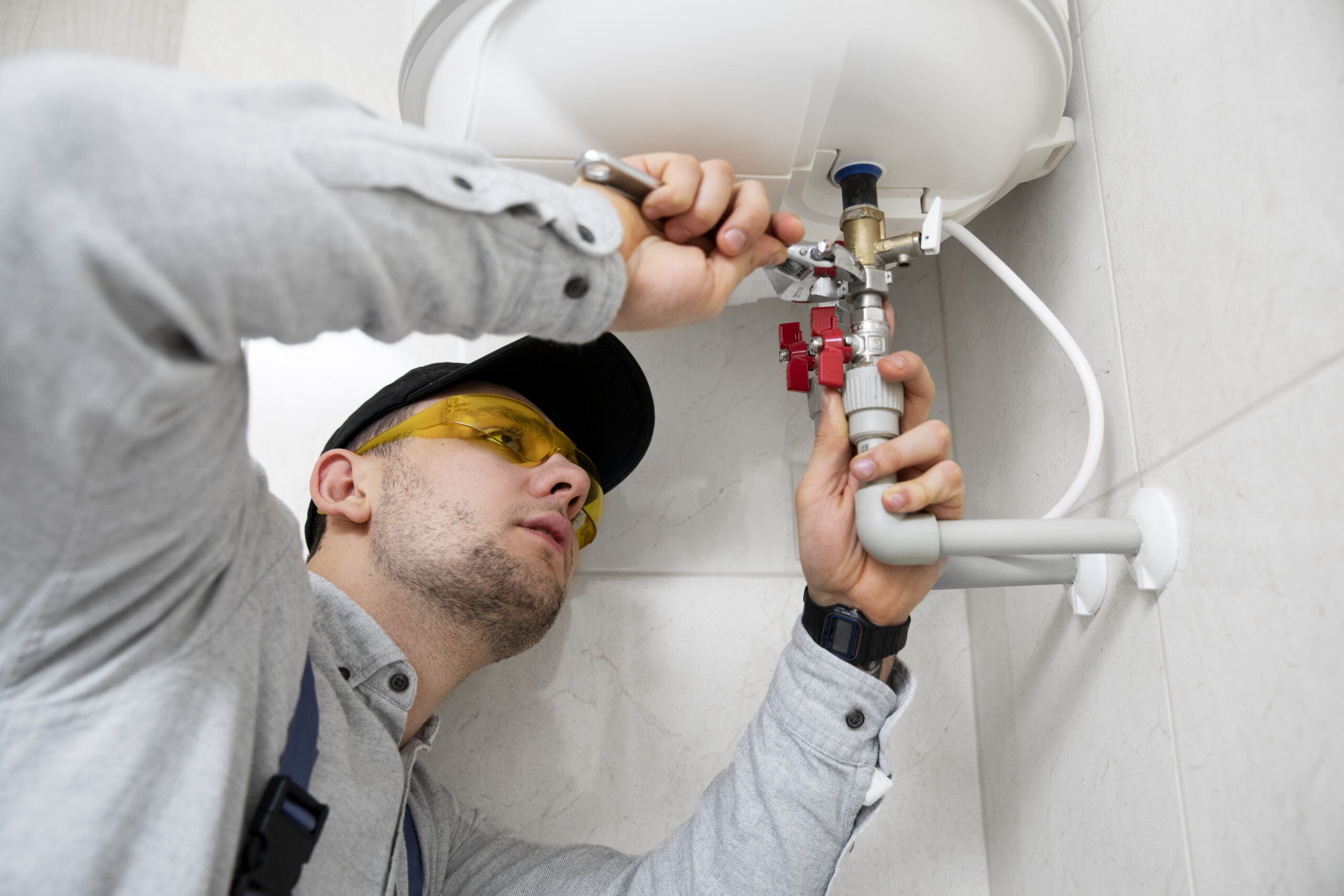
 Hi! How can i help you?
Hi! How can i help you?